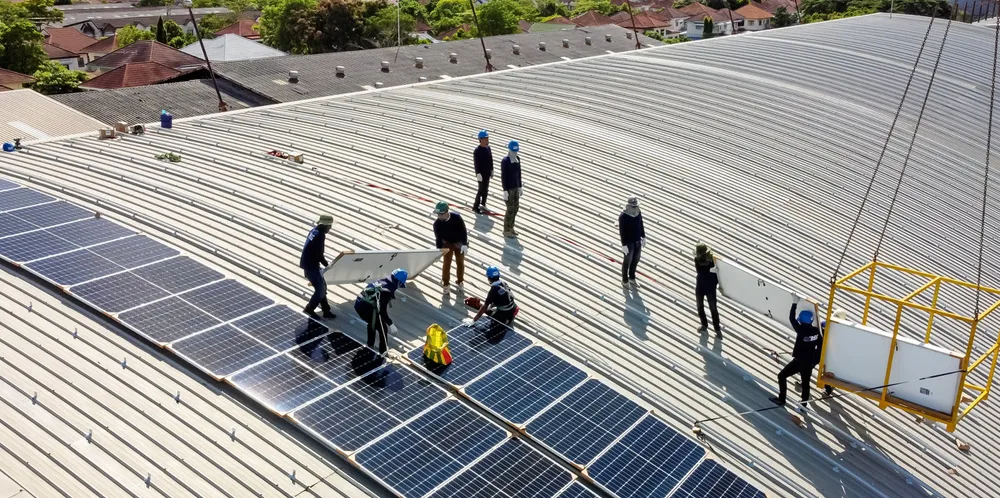'We're the world's largest commercial real estate owner: rooftop solar is a massive opportunity'
OPINION | Mass deployment of PV on buildings could turbocharge the energy transition and open a huge investment opportunity, writes Juergen Pinker

OPINION | Mass deployment of PV on buildings could turbocharge the energy transition and open a huge investment opportunity, writes Juergen Pinker
